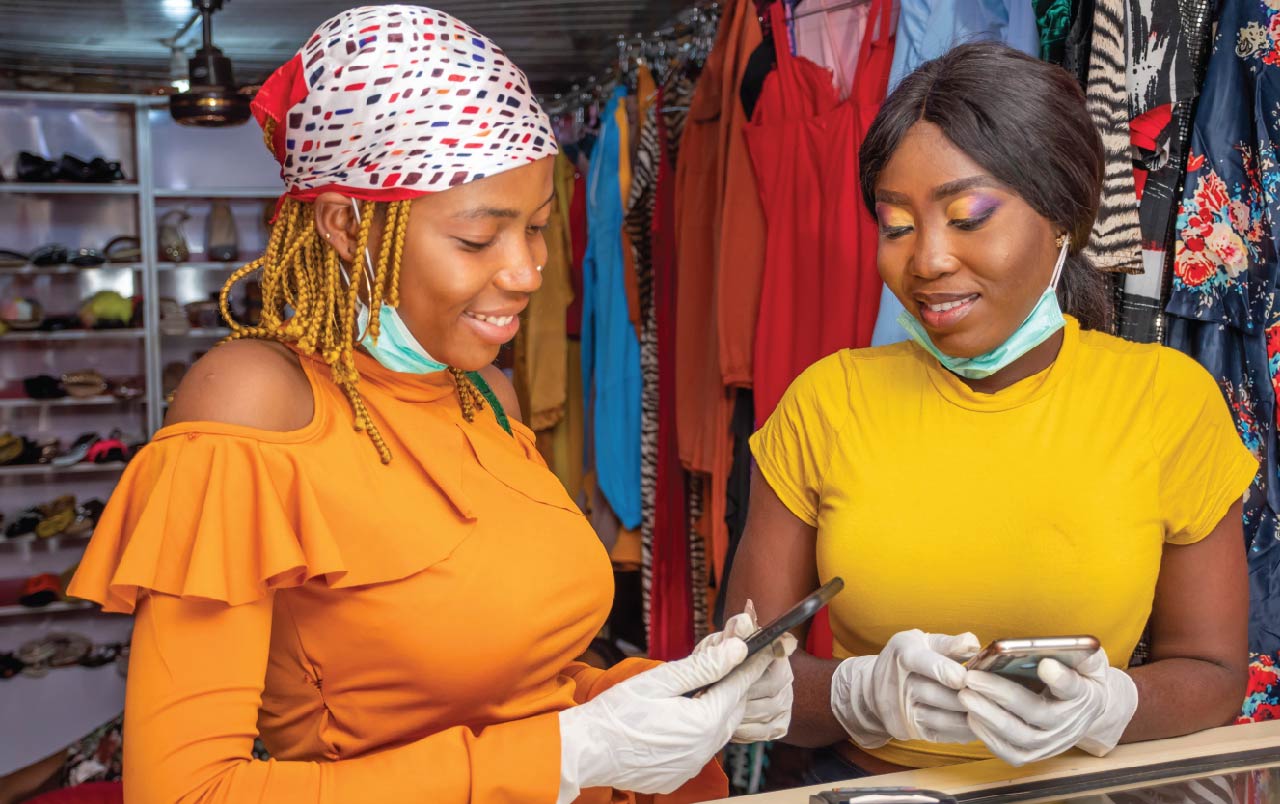Since the outbreak of COVID-19, internet usage in Tanzania has increased. Statistics from the Tanzania Communication Regulatory Authority show that internet subscribing numbers grew to 29 million (March 2021) users from 28 million in December 2019. There is a growing dependency on the internet for day-to-day activities. It includes business registering, which has been affected by the COVID-19 pandemic. Digital registration existed before the pandemic, but the process has been sped up. It is undergoing a significant transition to digital platforms, compared to other service sectors in the country.
Around 47% of Tanzanians have access to the internet. Despite the rise in digital use, the rural-urban and gender divide in terms of smartphone penetration and adoption of digital services persist. When it comes to business owners, there is a noticeable lack of digital technology education among them.
The possibility of online business registration has had a significant impact on the country. It is hugely time-saving compared to the former in-person process, which often involved travel to other locations and long queues.
For our study, we focused on the digitalization of the business sector. We took an in-depth look at the digital rift that has led to the marginalization of vulnerable groups. We paid particular attention to women. The aim is to learn and offer policy recommendations on how to minimize the gendered digital gap.
Women and Digitalization
The majority of women-owned businesses are micro and small. Our findings show that small businesses are slower in incorporating digital tools and platforms. It often has to do with digital illiteracy and limited finances and time. Through our data gathering process, we have identified that women are less likely to access technology than men. All these reasons put women at a disadvantage when it comes to digitalization in daily business activities.
The divide also exists because women are less aware of mobile internet possibilities and often think it is irrelevant. Affordability is another challenge, in particular for online business registration. Costs associated with digital devices and services are too high to enable digital adoption for most women. Other challenges include lack of connectivity or poor internet access (especially in rural areas), electricity problems, and devices shortage. Limited online skills are also among the issues causing gender-based digital exclusion in Tanzania.
Recommendations
ICT and Digitalization literacy among the Tanzanian population, especially women, needs to improve fast. Suppose people are well acquainted with ICT, for example, by attending introductory courses provided for free by the State. In that case, it will be easier for everyone to be included in the digital delivery of public services. Once capabilities are built, there will be more active ICT/digitalization users. It will lead to full participation in the digital arena.
Mobile network operators and internet service providers should be encouraged by the State to improve services and make them more affordable. To achieve this, the State could:
– reduce taxes associated with internet access and infrastructure improvements, such as the one of the National ICT Broadband Backbone (NICTBB),
– update existing policies, such as the national ICT policy (2016) or the electronic and postal communications act (2010).
The government also needs to design a proactive strategy to provide ICT at subsidized costs to improve its adoption for business operations.
In parallel, we advise that the Tanzanian Business Registration Licensing Agency (BRELA) provides training programs about their platform. For those who have internet connectivity, classes could be online through short videos and presentations. It would help people learn at their own pace and get acquainted with the process before starting the business registration. It will surely increase online registrations. Even the companies that were formally registered manually will learn the new method and switch to online registration.
With lower internet costs, more individuals, including marginalized groups like women, will be a part of the country’s digital service sector.
This article is an output of the Covid Collective project. To find out more about it, visit the website here.
Text editor: Gabriela Keseberg Dávalos


